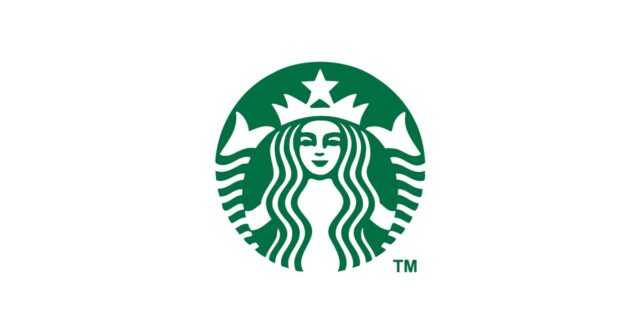MILAN – Starbucks is reportedly considering various options to relaunch Chinese operations including the possibility of divesting a share of its business. This hypothesis was put forward by a Bloomberg report citing “people with knowledge of the matter”.
According to these sources, the company has been speaking to advisers about ways to increase its competitiveness in the Chinese market, including the search for a local strategic partner.
To this end, it is already informally sounding out the interest of a number of potential investors, including local private equity companies.
Similar strategies have been adopted by other global brands, including McDonald’s Corp and Yum Brands Inc, which sold stakes in their Chinese businesses to increase market share and align with local strategies.
Of course, we are still in the realm of speculation and it is not certain that this option will materialise. China is Starbucks’ second largest market in the world after North America and generated a net revenue of around $3 billion in the most recent financial year.
In the fourth quarter of fiscal 2024, Starbucks reported $783.7 million in revenue from China, a 6% increase from the previous quarter, but a 7% year-on-year decline. The drop was attributed to intensified competition and a challenging macroeconomic environment affecting consumer spending.
Luckin Coffee and other Chinese competitors, like Cotti Coffee, have focused on low-cost and affordable coffee versions to reach out particularly to younger Chinese consumers. Their strategies seem to have worked well in China for now.
Starbucks has faced pressure from activist Elliott Investment Management LP, which wants it to commit to reviewing its Chinese business, Bloomberg News has reported.
A global spokesperson for Starbucks said in a statement: “We are wholeheartedly committed to our business in China, our partners (employees) and the long-term development of the Chinese market.”
The company added: “As mentioned during the Q4 earnings call, we are taking time to gain a deeper understanding of our business operations in China and the competitive market environment. We are working hard to identify the best growth pathways, including exploring strategic partnerships.”


















